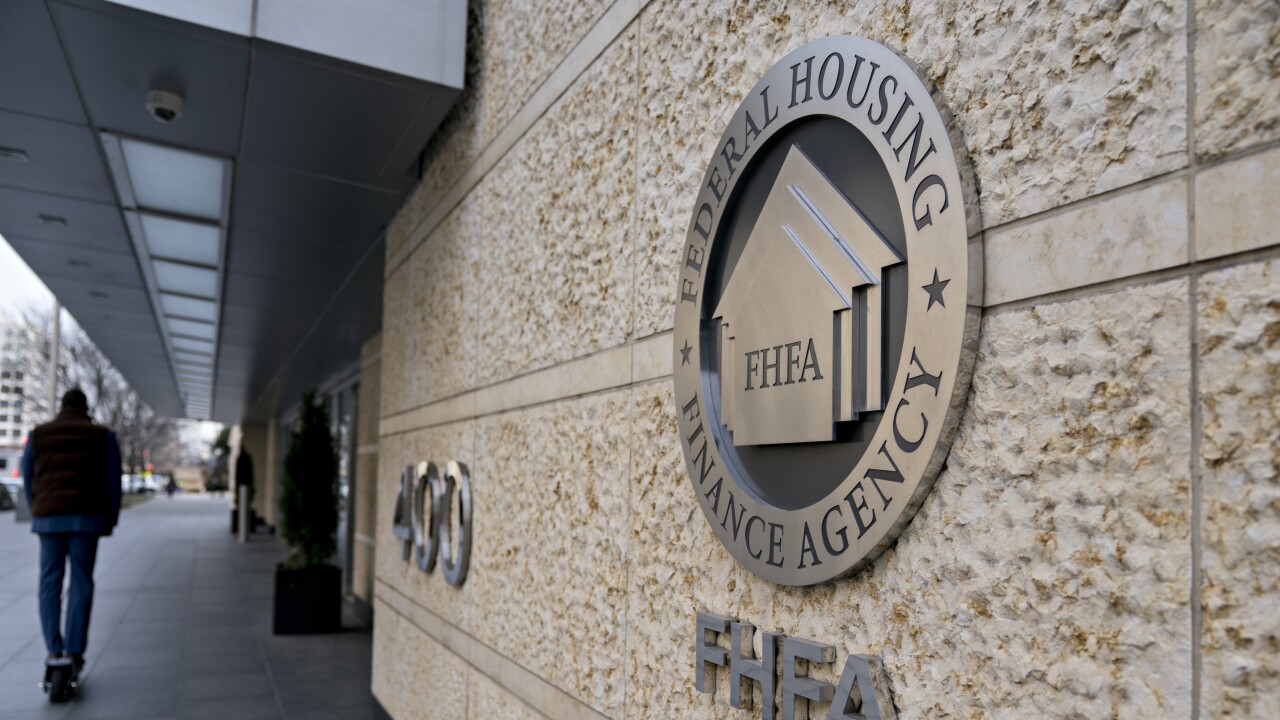
Regulators shut down Signature Bank in New York on Sunday amid fears of an industry liquidity crisis and tapped a veteran regional bank executive to run the bridge bank that will take its place.
The shutdown of Signature by its state-chartering authority marks the second U.S. bank in three days to be closed by regulators, following the
The New York State Department of Financial Services took possession of Signature "in order to protect depositors," the department said in a press release Sunday evening. The FDIC, which was appointed receiver of the bank, said that it has transferred all of Signature's deposits and "substantially all" of its assets to Signature Bridge Bank, which will be operated by the FDIC as a full-service bank while the regulator attempts to "market the institution" to potential buyers.
Greg Carmichael, who
All of Signature's depositors will be made whole and no losses will be borne by taxpayers, the FDIC said Sunday. Depositors and borrowers of Signature Bank will automatically become customers of Signature Bridge Bank and all banking activities, including online banking, will resume Monday, the FDIC said. Official Signature checks will continue to clear and loan customers should be able to make their loan payments as usual, the FDIC added.
In a joint statement Sunday, the FDIC, the Treasury Department and the Federal Reserve tried to ease fears about the state of the U.S. banking system, which has been fraught with uncertainty since Friday's shutdown of Silicon Valley Bank, the banking subsidiary of SVB Financial Group in Santa Clara, California. In the statement,
The trio of regulators said the nation's banking system "remains resilient and on a solid foundation."
"Those reforms combined with today's actions demonstrate our commitment to take the necessary steps to ensure that depositors' savings remain safe," the joint release said.
Signature, which in recent years built a reputation as a crypto-friendly bank, has been struggling with deposit challenges for several quarters amid uncertainty in the crypto market. As of January 2021, more than 16% of the company's deposits were tied to cryptocurrency clients, and it had more crypto-lending deals
"We want to be very safe in this space, but we want to be in this space," President and CEO Joseph DePaolo said at the time. "We know there is a need and we'll take care of those clients."
The company, however, started leaking deposits last year as turmoil rattled the crypto market. In May, Signature said that nearly $1.4 billion of deposits had flowed out of the bank since March 31.
The
During a fourth-quarter earnings call with analysts, DePaolo attributed the bulk of the decline — roughly $9.7 billion — to the company's previously announced strategy to scale back on the bank's concentration of crypto-related deposits and allow other rate-sensitive deposits to run off.
On Thursday — one day after the Silvergate Bank self-liquidated in the face of trouble stemming from the crypto collapse, and one day before Silicon Valley Bank failed — Signature issued a press release reiterating "its strong, well-diversified financial position and limited digital-asset related deposit balances in the wake of industry developments."
The company touted a "diversified deposit mix, with more than 80% of deposits coming from middle-market businesses" such as law firms, accounting practices, health care companies, manufacturing companies and real estate management firms.
Signature reported deposit balances of $89.2 billion, an increase of $576 million since year-end 2022, and said the total included "the deliberate reduction in digital asset-related client deposits of $1.27 billion," leaving a balance of $16.52 billion in digital asset-related client deposits.
DePaolo and other senior managers have been removed from their positions, regulators said.
Just last month, the company announced a leadership succession plan in which DePaolo, who co-founded Signature in 2001, would transition into a senior advisor role this year while retaining his position as CEO. Chief Operating Officer Eric Howell was set to become president on March 1, and would become CEO after DePaolo fully transitioned into the newly-created advisory role.
Signature was a top 10 borrower of the Federal Home Loan Bank of New York long before it got into the crypto business in 2019. Borrowings from the Home Loan banks have come under increased scrutiny because the little-noticed banking cooperative that serves as a government-sponsored enterprise provides low-cost funding to banks in need of liquidity.
Notably, Signature ratcheted up its borrowings in the fourth quarter. It tapped the New York Home Loan Bank for $11.3 billion as of Dec. 31, 2022, up from $1.4 billion at the end of the third quarter, according to the bank's year-end financial report.
The previous peak for borrowings, or outstanding advances from the New York Home Loan Bank, was $2.6 billion in the fourth quarter of 2021.
Signature operated 40 branches, mostly in the New York metropolitan area. In addition to DePaolo, who has served as president and CEO since 2001, the company was founded by John Tamberlane, vice chairman, and Scott Shay, chairman of the board of directors.
Kate Berry and Claire Williams contributed to this story.






